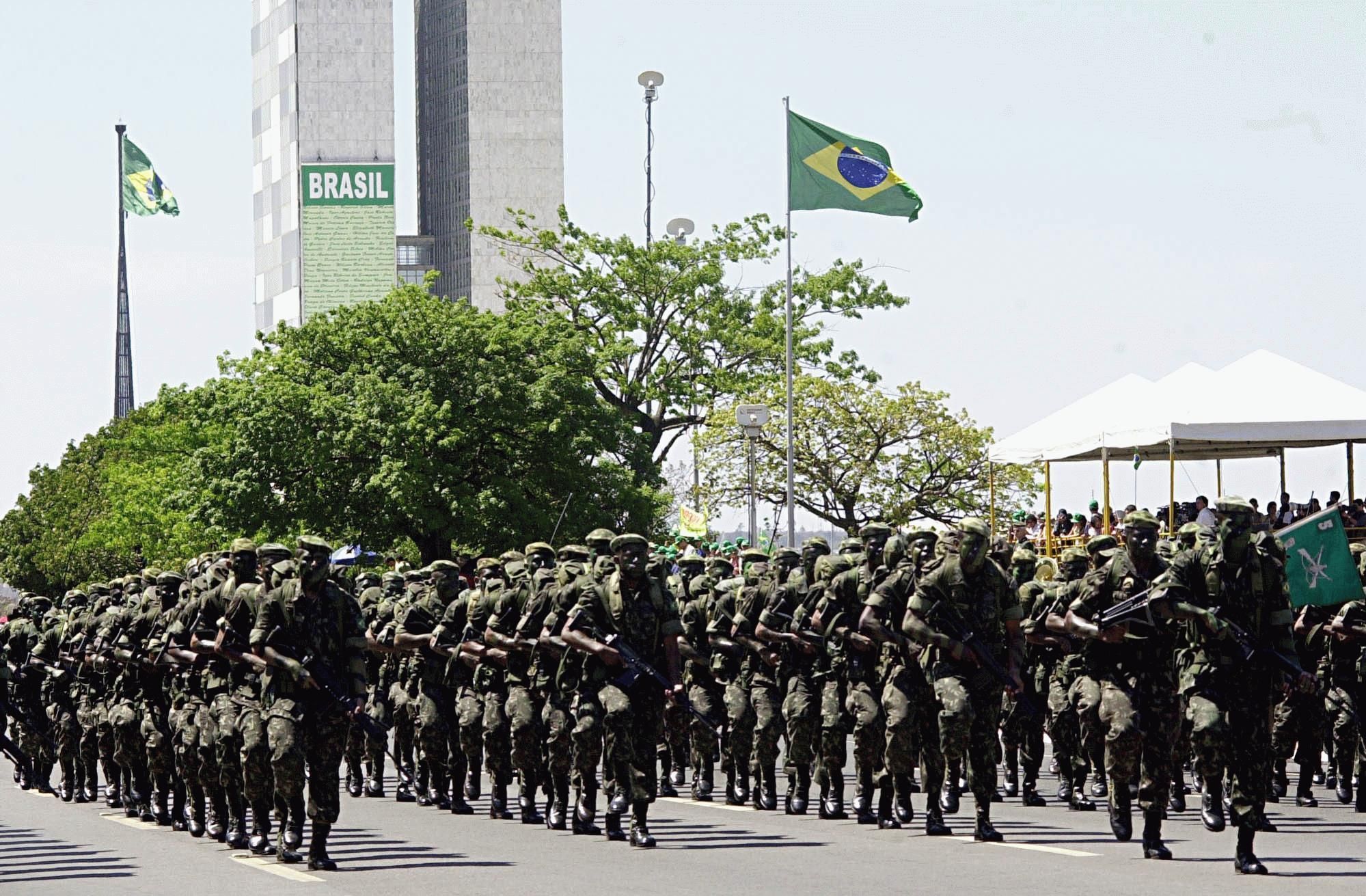The Brazilian army said Thursday it is sending elite troops and military aviation to a state where more than 100 people are reported to have been killed since police went on strike.
More reinforcements were being deployed to the southeastern state of Espirito Santo, where 1,200 soldiers arrived earlier this week after chaos broke out when police went on strike demanding better pay.
“From now on I have decided to reinforce ES with paratroopers, armored vehicles and army aviation. The mission will be accomplished,” Brazil’s army commander, General Villas Boas, tweeted.
Globo television network quoted the police union in Espirito Santo saying that more than 100 people have now been killed in a wave of muggings, carjackings and looting in the capital city Vitoria and elsewhere.
The state governor’s office said on its website that it had held talks with police but with no result.
It also issued an appeal Thursday for blood donors, saying stocks “have been reduced to a minimum in the last few days.”
Meanwhile, there were continuing fears and rumors in Rio de Janeiro, Brazil’s second most populous city, that police could start a copycat strike on Friday.
Officials have said they are working on paying officers late salaries and that no strike is planned. However, persistent rumors on social media have struck a nerve.
State Governor Luis Fernando Pezao told Radio Gaucha in an interview early Thursday that he’d asked the federal authorities to put the army and elite National Force on standby in case the situation deteriorates, Globo television reported.
Rio has recently faced violent protests against austerity reforms, stretching police resources.
Brazilian law bars the Military Police — as the force patrolling cities throughout Latin America’s biggest country is known — from going on strike.
In Espirito Santo, however, relatives and sympathizers are blockading police stations, and officers inside are deliberately making no effort to come out — leaving the city unguarded.
The police want better conditions and higher salaries. A court declared the action an illegal strike and the state police chief has been replaced.
The crisis reflects nationwide budget crises in Brazil, which has faced a crippling recession for two years and is struggling to return to growth.
The country is also one of the most violent in the world, with heavily armed criminals battling both on the streets and in prisons. Last month clashes inside a prison near the northern city of Natal left 26 people dead, prompting the deployment of army troops.
Soldiers were also deployed to Rio de Janeiro during legislative elections last October, as they had been in large numbers during the Olympics two months earlier.









